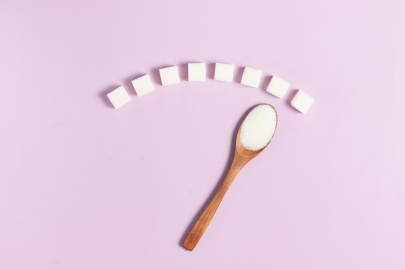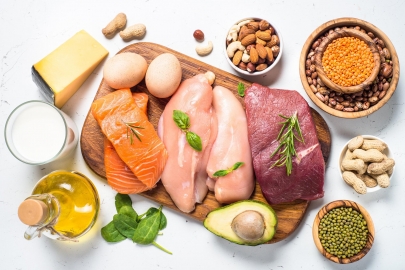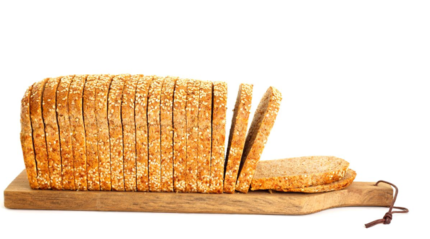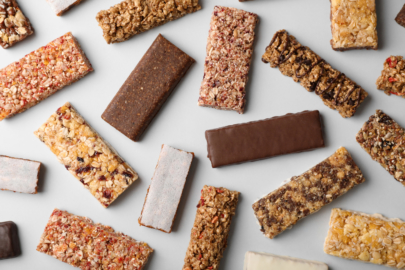Many do not know: Brazil is between the countries with the biggest healthy food market, where the demand for products is bigger than the offer. Have a glimpe below on data, ideas and innovation trends.
According to Euromonitor, the market of healthy products has grown 98% between 2009 and 2014 in Brazil, and reach a volume of sales of US$ 27,5 billion in 2015, leading the country to position of the fifth biggest healthy food and beverages market. Another research, conducted by Mintel, shows that 4 in 5 Brazilians are willing to pay more for healthy products, while 30% would like to see a wider range of healthy products available in supermarkets. Even in the midst of an economic crisis, there has been an increased awareness to pursue a healthy lifestyle.
IT’S NOT A PASSING WAVE
The big demand for healthy products didn’t pass unnoticed by multinational companies, which are adjusting themselves to consumers’ needs. AmBev acquired the juice brand “Do Bem”, first investment in the juice segment of the company, while Coke Brazil bought AdeS. In June of 2016, Coke and PepsiCo Brazil announced that they wouldn’t sale soda to school cafeterias anymore, creating opportunities for “mineral water, 100% fruit juice, coconut water and dairy beverages”, according to release. Due to the increasing demand for vegan products e lactose free, alternative beverages to animal milk are being highlighted as well.
Lactose-free products are also popular in food segments other than beverages, experiencing 5,9% growth in 2015. According to Mintel, 17% of Brazilians believe that there is a lack of availability of plant-based products that could replace animal products, like plant-based proteins in sport nutrition products. In the gluten-free category, bakery is the sector that has the biggest growth – not because of the increase of celiac people, but due to gluten-restricting diets. The impact of the market was very visible in 2015, when gluten-free products had a 20% increase. As a consequence, the price is decreasing, and therefore, becoming more competitive. Bread, biscuits and cakes are in the spotlight of this segment.
BEING HEALTHY EQUALS BEING HAPPY
Researches performed in Warwick University, UK, and in Queensland University, Australia, shows that people following a healthy diet tend to be happier. Maybe because of that, Brazil finds itself between the 20 happiest countries in the world, according to the World Happiness Report (associated to WHO) published in 2016. In any case, Brazilian consumers will continue to surprise with their diet habits, leaving the industry to chase after the increasing demand.




